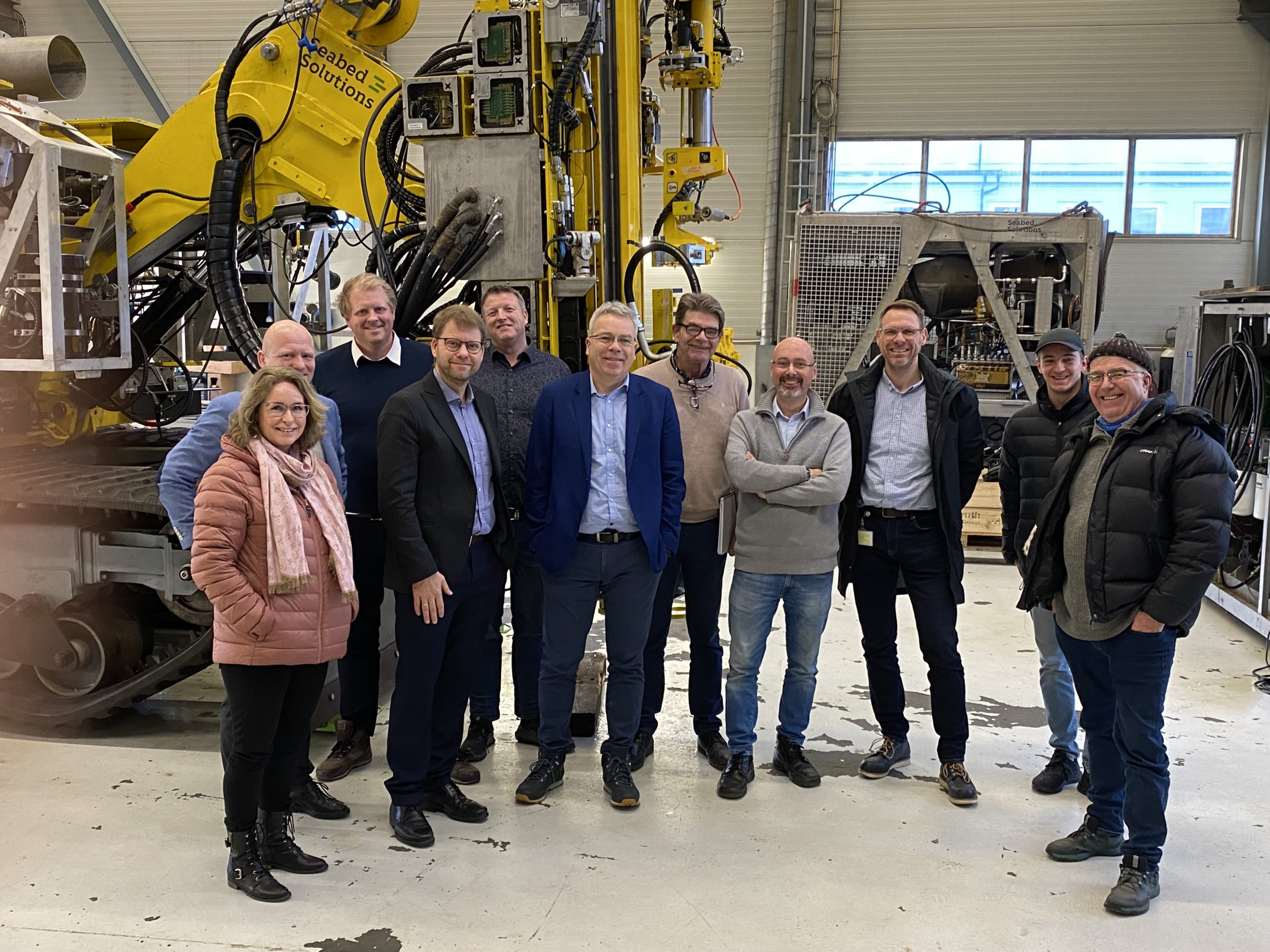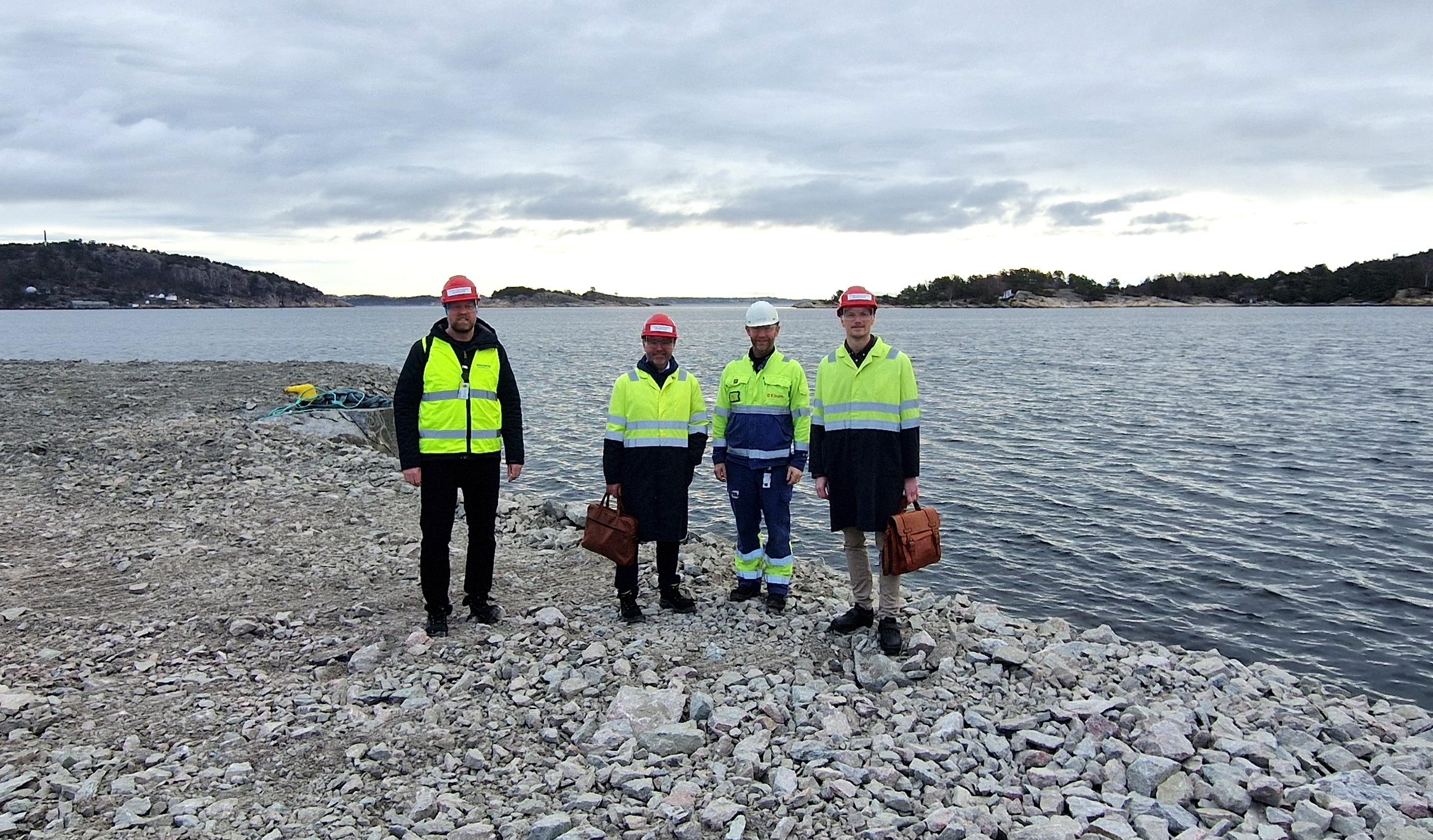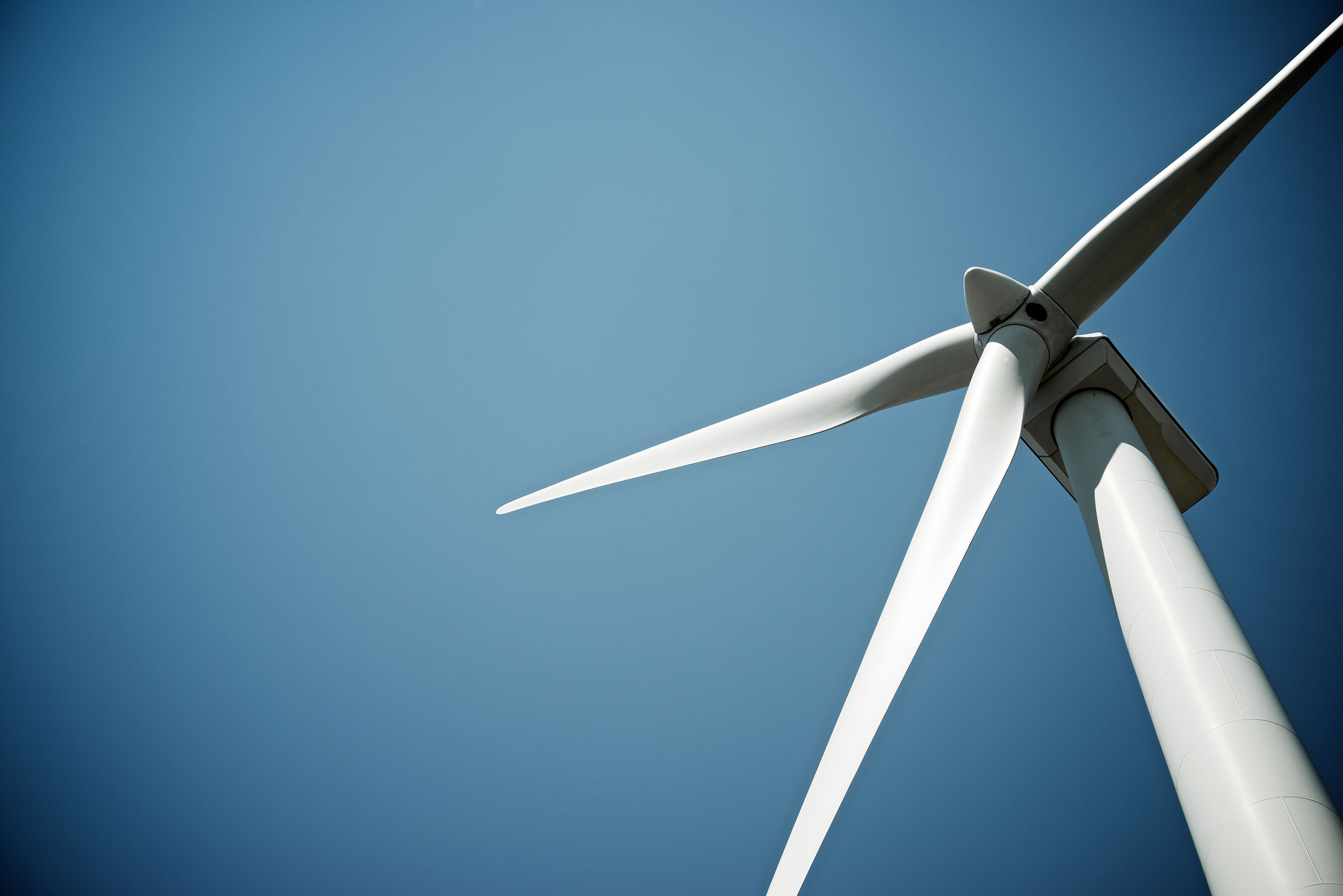“This is a prime example of how technology can transfer from oil and gas to other industries. Seabed Solutions is, together with partners in Agder, at the forefront, constantly testing innovative solutions and contributing to more research-based competence on valuable mineral resources on the Norwegian Continental Shelf,” says Christian von der Ohe, RD&I Manager at GCE NODE.
Seabed Solutions builds and operates machines for seabed operations in deep waters. Based on 21 years of experience, the company has developed a machine that can operate on 3,000 meters depth. Technology from Seabed Solutions is also relevant for offshore wind, as their subsea excavator and drilling rig can sample the seabed at a lower cost than core sample drilling using a drillships. With the FlexiCore, developed for Adepth Minerals, the coring unit is placed on the seabed, and the coring operation is very similar to that used in land-based drilling operations.
GCE NODE has been working with several subsea minerals projects since 2016, starting with the DeSMO-project (Deep Sea Mining Operations), which focused on building expertise and identifying markets and research and development opportunities for GCE NODE companies. Among the participants in this early phase project were National Oilwell Varco, HMH, Cameron, Mandals, MacGregor, Qmatec, NIVA, NORCE, and the University of Agder.
“GCE NODE is very positive to the ongoing process that could result in subsea mineral exploration on the Norwegian Continental Shelf. The demand for metals found in high concentrations of seabed minerals is rising, and this is an important contribution towards sustainable decarbonization and European self-sufficiency. We support exploration to improve insight into this industry and build more understanding on how to utilize these resources with minimum environmental consequences,” says von der Ohe.
GCE NODE was an industry partner in the MarMine project, led by NTNU, which was established to gain knowledge on environmental and mineralogical search, as well as excavation technologies.
“Lots of GCE NODE participants see a national and international potential within seabed minerals. This especially applies to the world-leading suppliers of offshore drilling technology, mooring, cranes, and loading and offloading within our cluster. Exploration and production will build on competencies and technologies developed for the oil and gas industry. We also see a huge potential for seabed minerals as valuable resources for the metallurgical process industry and the emerging battery industry in the region,” says von der Ohe.




